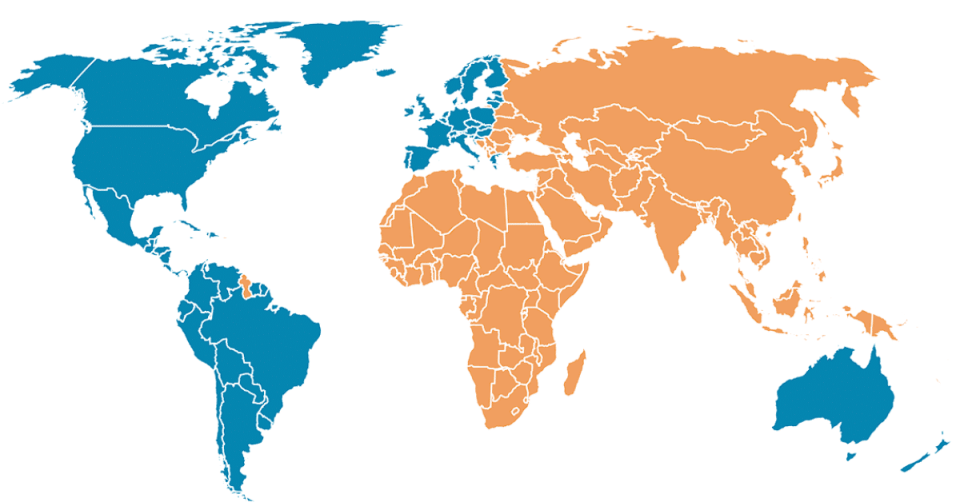For many years, nations such as Canada, Australia, the United Kingdom, and New Zealand have been top destinations for Indian students seeking higher education. These countries have reaped significant benefits from the influx of international students who not only bring economic contributions through tuition fees but also add to the cultural diversity and skill sets in their societies. However, the landscape is changing rapidly. Recently, these countries have started implementing stricter visa regulations and more stringent immigration policies, making it increasingly challenging for Indian students to study abroad.
This shift has caused widespread concern among aspiring students and their families in India. The reasons behind these changes are varied. Political pressures to prioritize local students, concerns about housing shortages, and the post-pandemic re-evaluation of immigration policies are all playing a role. Despite these obstacles, the demand for international education among Indian students remains strong. Many see it as a pathway to global opportunities and a better standard of living. However, with these new restrictions in place, the path to achieving their academic and professional dreams is becoming more uncertain. The question now is whether these Western nations will reconsider their approach, or if these new policies will reshape the future of international education for years to come.

